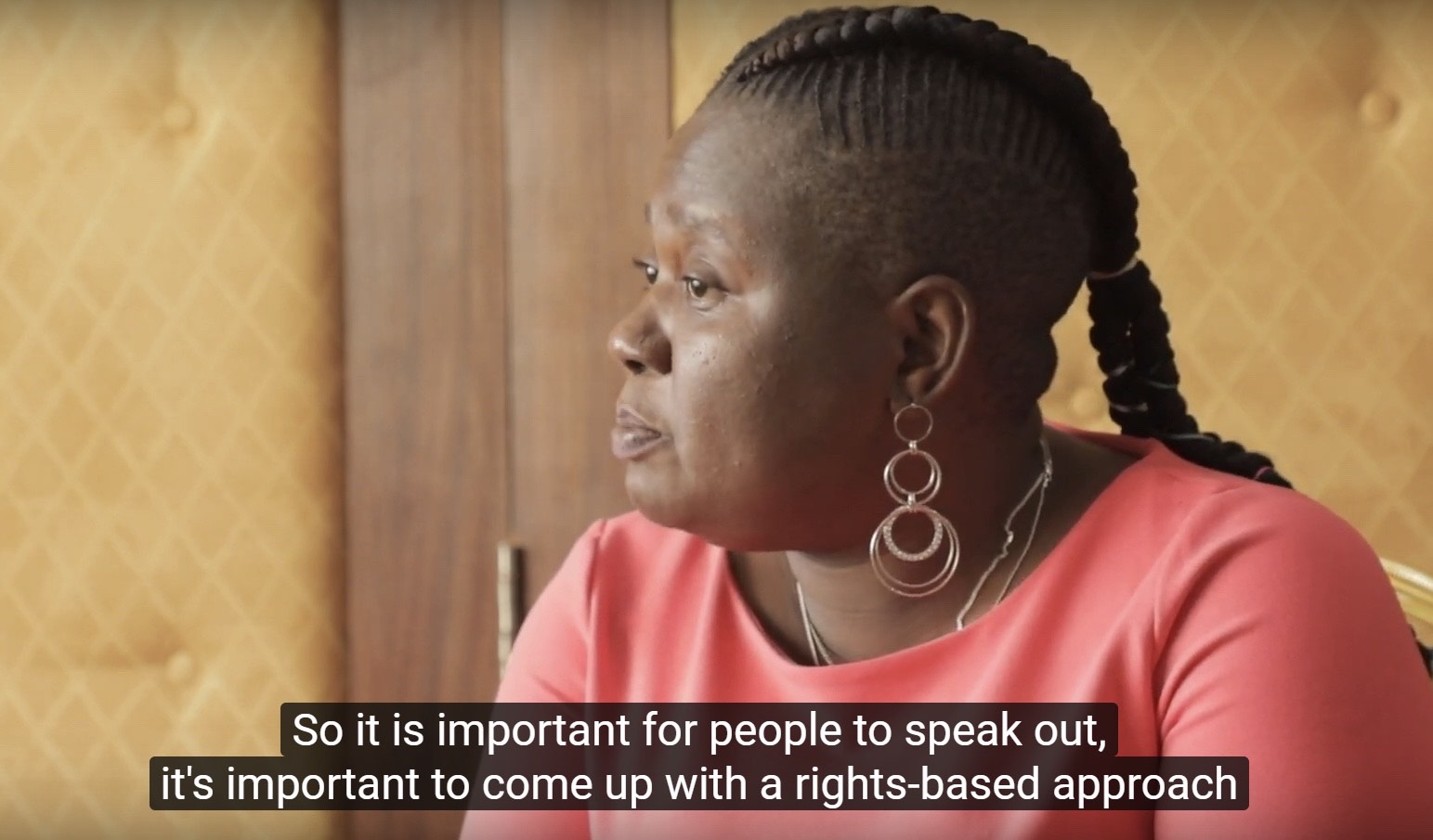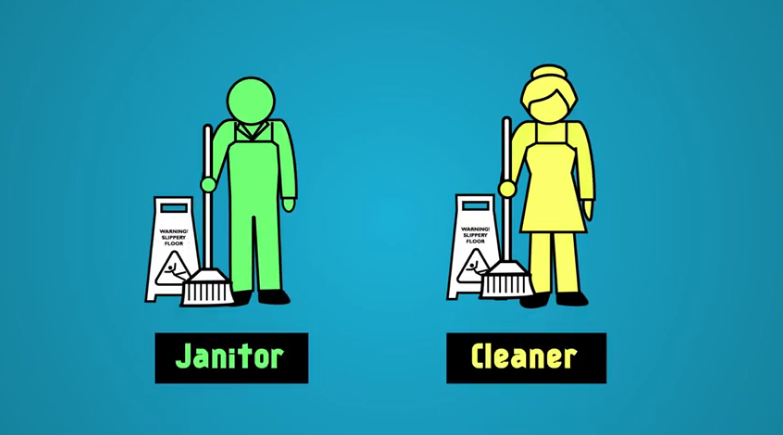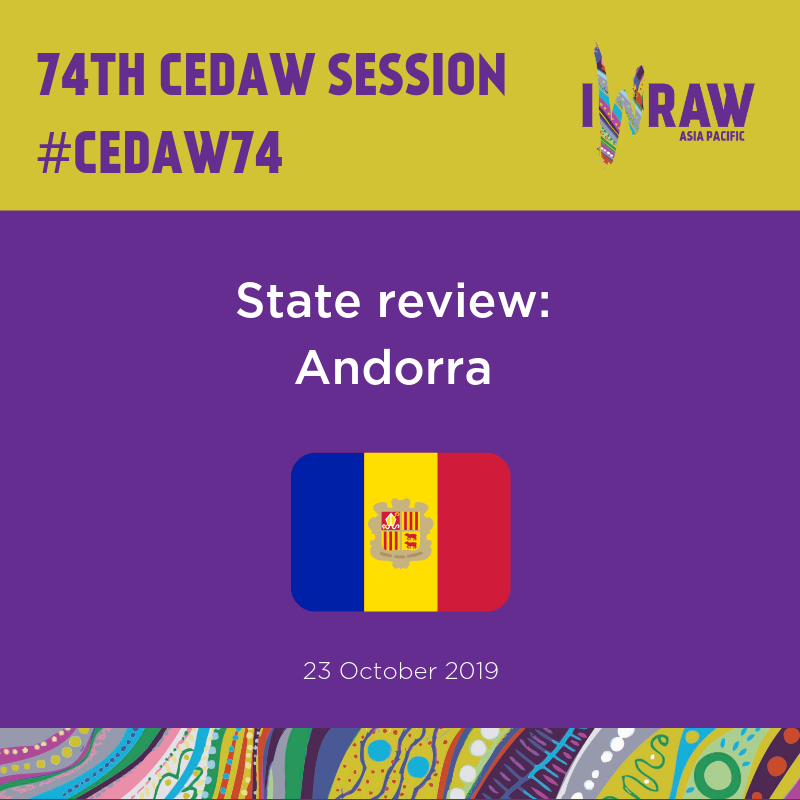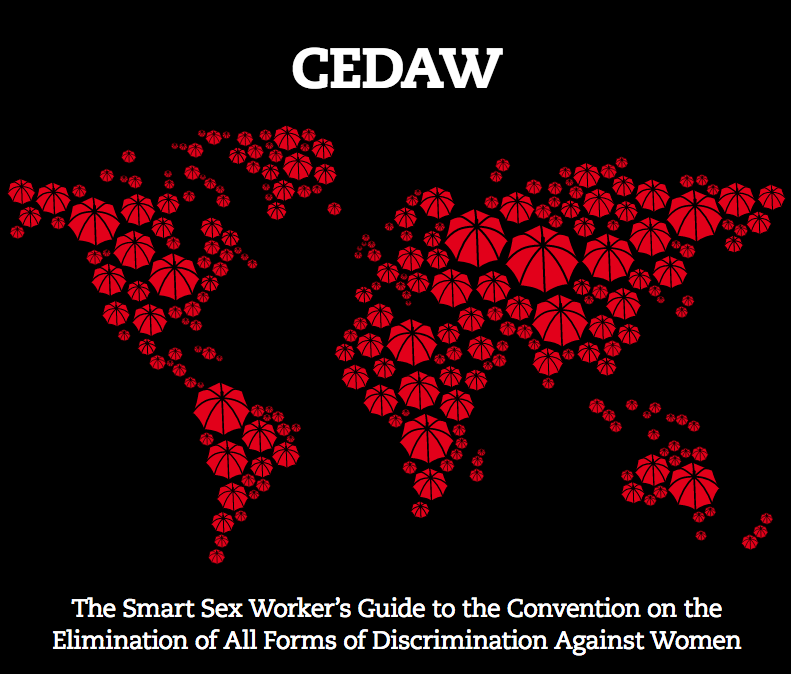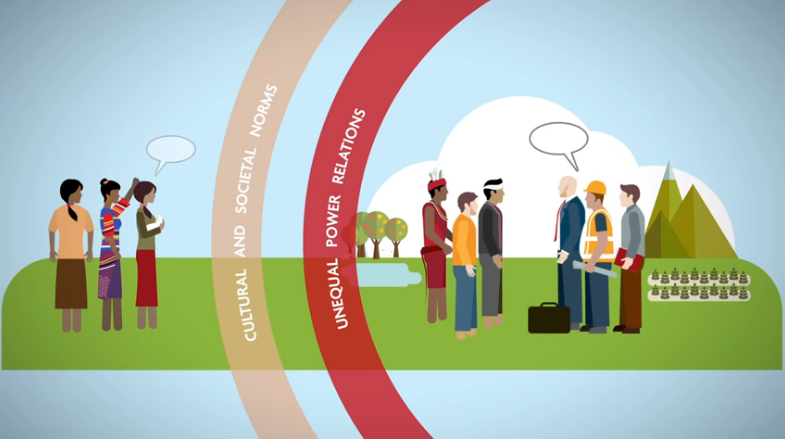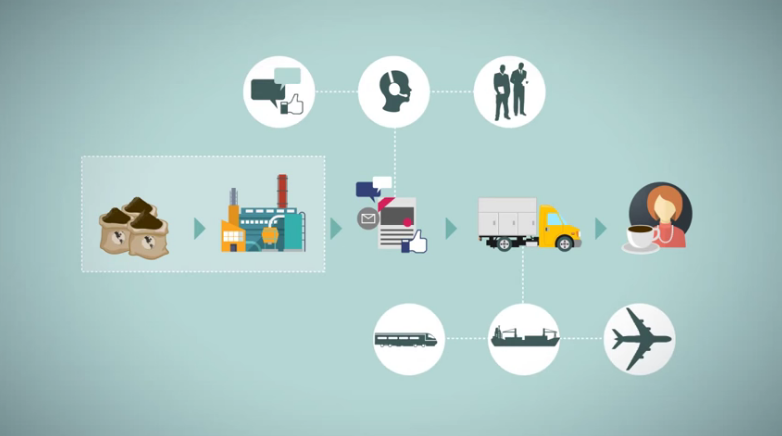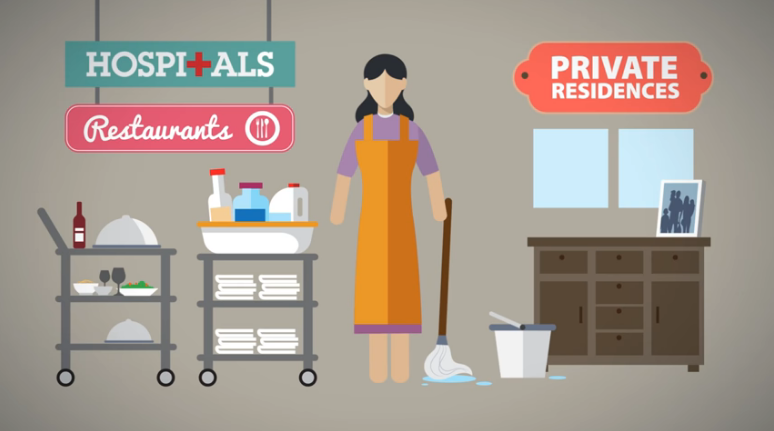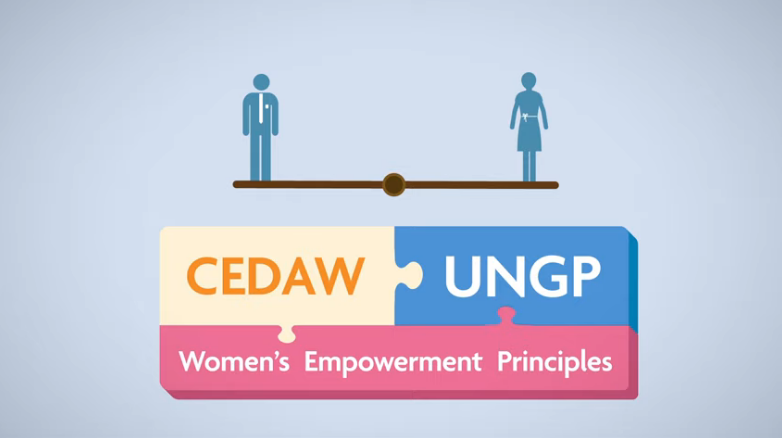A Rights-Based Approach to Trafficking
2020
Archana Kotecha of Liberty Shared explains why a cross-border, cross-sector and cross-disciplinary countertrafficking movement is crucial, and why victim care must take priority. With thanks to Selena Ponce for Spanish subtitles. Un enfoque con base en los derechos humanos para acabar con la trata Archana Kotecha, de Liberty Shared, explica por qué es esencial que […]
Read MoreAnalysing the Structural and Systemic Causes of Trafficking in the Context of Global Migration
2020
In December 2019, IWRAW Asia Pacific held a global convening in Nairobi which brought together experts from around the world to discuss trafficking in the context of global migration, to make recommendations for the forthcoming CEDAW General Recommendation on the topic, and to come up with a Feminist Anti-Trafficking Manifesto. This outcome video features Priyanthi […]
Read MoreEqual Pay for Work of Equal Value
2020
Work which is typically performed by women is often undervalued and undercompensated. But how can we compare different jobs, especially where the division of labour tends to be gendered? This animated video explains the principle of equal pay for work of equal value, with examples of its application around the world. Our thanks go to […]
Read MoreAndorra at #CEDAW74
October 2019
Andorra’s record on women’s rights was reviewed by the #CEDAW Committee during the 74th CEDAW session in October 2019. This compilation of tweets – in English, Catalan, Spanish and French – summarises the review and its aftermath.
Read MoreCEDAW Impact Collection
2018
Literature collection documenting use of CEDAW in different countries around the world, compiled by Susanne Zwingel with support from Florida International University students and staff. Users are invited to suggest additional sources for inclusion in the collection.
Read MoreThe Smart Sex Worker’s Guide to the Convention on the Elimination of All Forms of Discrimination Against Women
2018
Produced by the Global Network of Sex Work Projects as a result of its collaboration with IWRAW Asia Pacific, this resource explains CEDAW, its importance for the sex workers’ rights movement, and how to engage with the review process, and outlines sex workers’ rights under CEDAW. It is available in Chinese, English, French, Russian and […]
Read MoreBusiness and Women’s Human Rights: Natural Resource Governance & Management – International Standards
2014
This video – the last in a series of five – explains some of the international standards related to natural resource governance and emphasises the State’s human rights obligations. It also highlights the need for women’s rights to natural resources to be addressed using international human rights standards. This video was made possible with the […]
Read MoreBusiness and Women’s Human Rights: Women in the Value Chain
2014
This video – part three in a series of five – includes an explanation of ‘value chain’ and women’s roles in it, research by FAO (Food and Agriculture Organisation) on female agricultural workers, components to help women achieve equal access to resources, and the relevance of incorporating CEDAW Article 14 into value chain analysis and […]
Read MoreBusiness and Women’s Human Rights: Women Migrant Workers
2014
This video – part two in a series of five – looks at the factors pushing women to migrate to other countries in search of employment; jobs that migrant women workers are limited to; discriminations faced before, during, and after migration; lack of protection in informal sectors; and how CEDAW General Recommendation No. 26 is […]
Read MoreBusiness and Women’s Human Rights: CEDAW, UNGP and WEP
2014
This video – part one in a series of five – introduces applicable humans rights frameworks (Convention on the Elimination of All Forms of Discrimination Against Women, United Nations Guiding Principles on Business and Human Rights, and Women’s Empowerment Principles) when dealing with corporations or businesses (private sector) for the promotion of gender equality and […]
Read More


